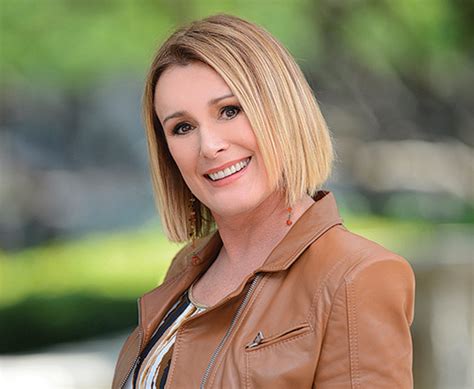A Quote by Steven Pinker
Cognitive psychology tells us that the unaided human mind is vulnerable to many fallacies and illusions because of its reliance on its memory for vivid anecdotes rather than systematic statistics.
Related Quotes
The systematic experimental study of reproducible errors of human reasoning, and what these errors reveal about underlying mental processes, is known as the heuristics and biases program in cognitive psychology. This program has made discoveries highly relevant to assessors of global catastrophic risks.
In studying language we can discover many basic properties of this cognitive structure, its organization, and also the genetic predispositions that provide the foundation for its development. So in this respect, linguistics, first of all, tries to characterize a major feature of human cognitive organization. And second, I think it may provide a suggestive model for the study of other cognitive systems. And the collection of these systems is one aspect of human nature.
Friedrich Hayek .. seems to have been the first to postulate what is the core of this paper, namely, the idea of memory and perception represented in widely distributed networks of interconnected cortical cells. Subsequently this idea has received theoretical support, however tangential, from the fields of cognitive psychology, connectionism and artificial intelligence. Empirically, it is well supported by the physiological study and neuroimaging of working memory.
17th century philosophers were not in a position to understand the mind as well as we can today, since the advent of experimental methods in psychology. It shows no disrespect for the brilliance of Descartes or Kant to acknowledge that the psychology which they worked with was primitive by comparison with what is available today in the cognitive sciences, any more than it shows disrespect for the brilliance of Aristotle to acknowledge that the physics he worked with does not compare with that of Newton or Einstein.
The cognitive functioning of a human brain depends on a delicate orchestration of many factors, especially during the critical stages of embryo development-and it is much more likely that this self-organizing structure, to be enhanced, needs to be carefully balanced, tuned, and cultivated rather than simply flooded with some extraneous potion.



































